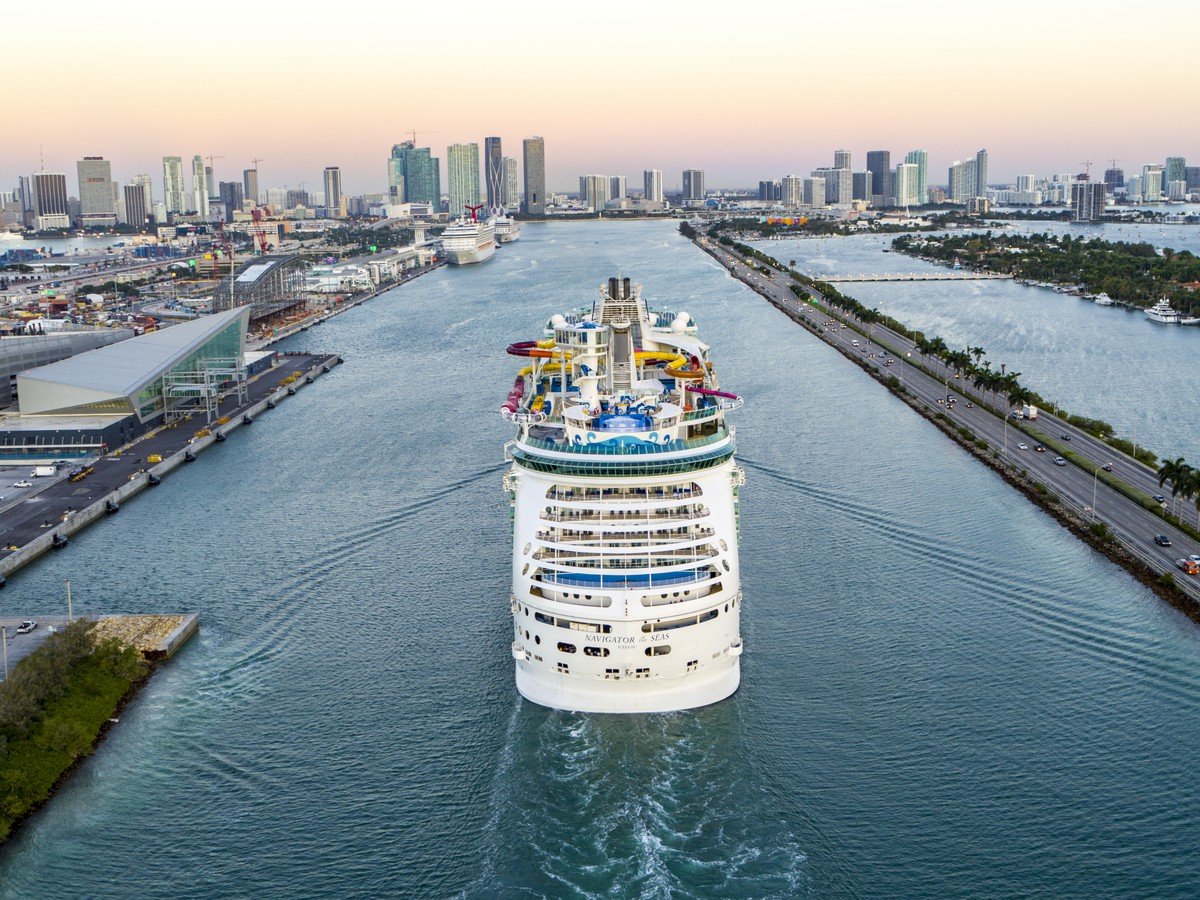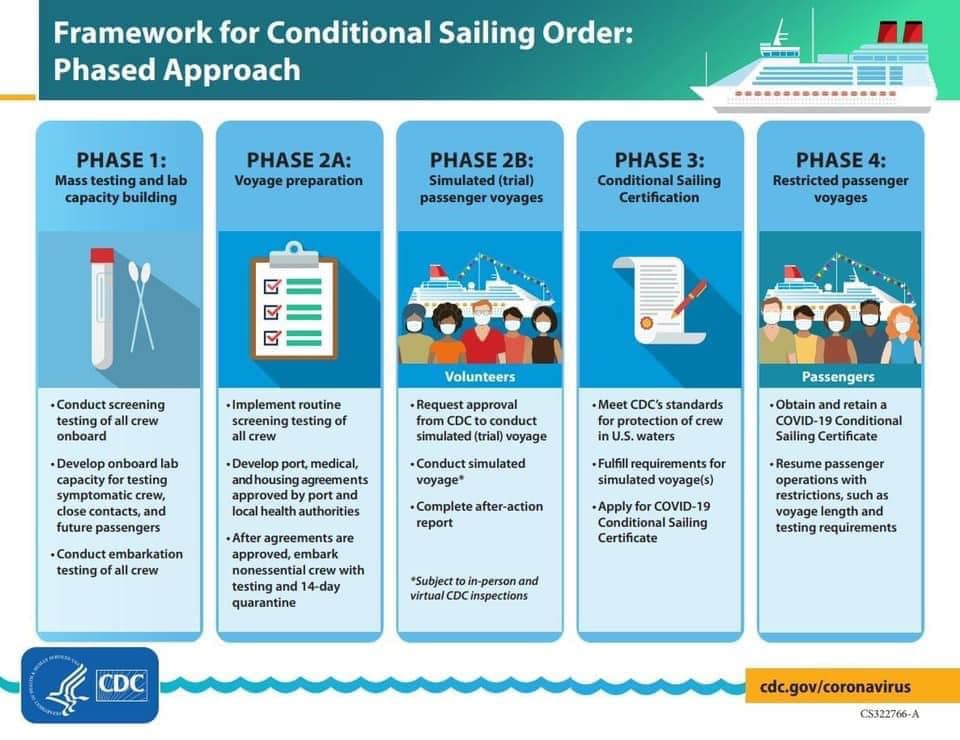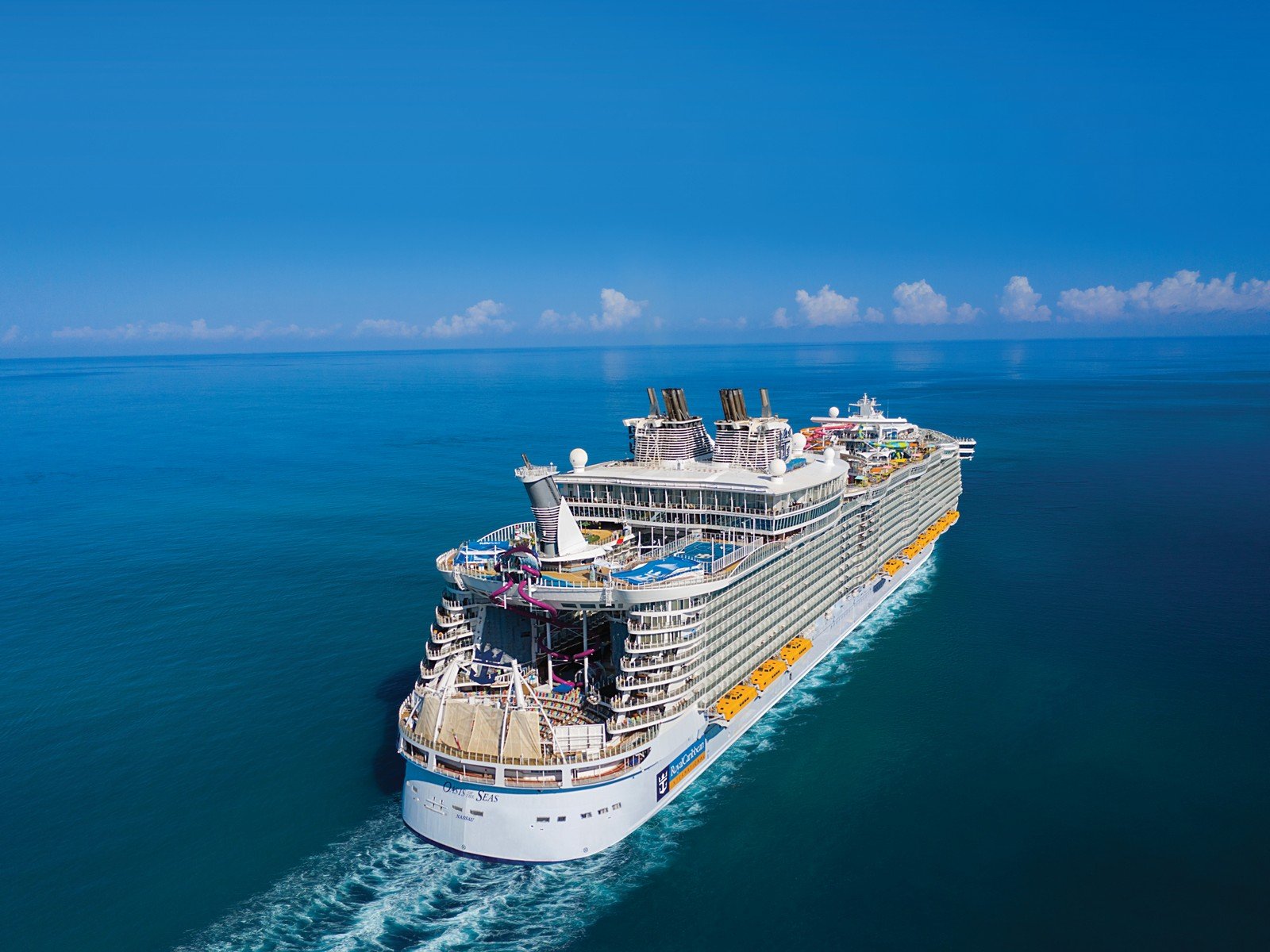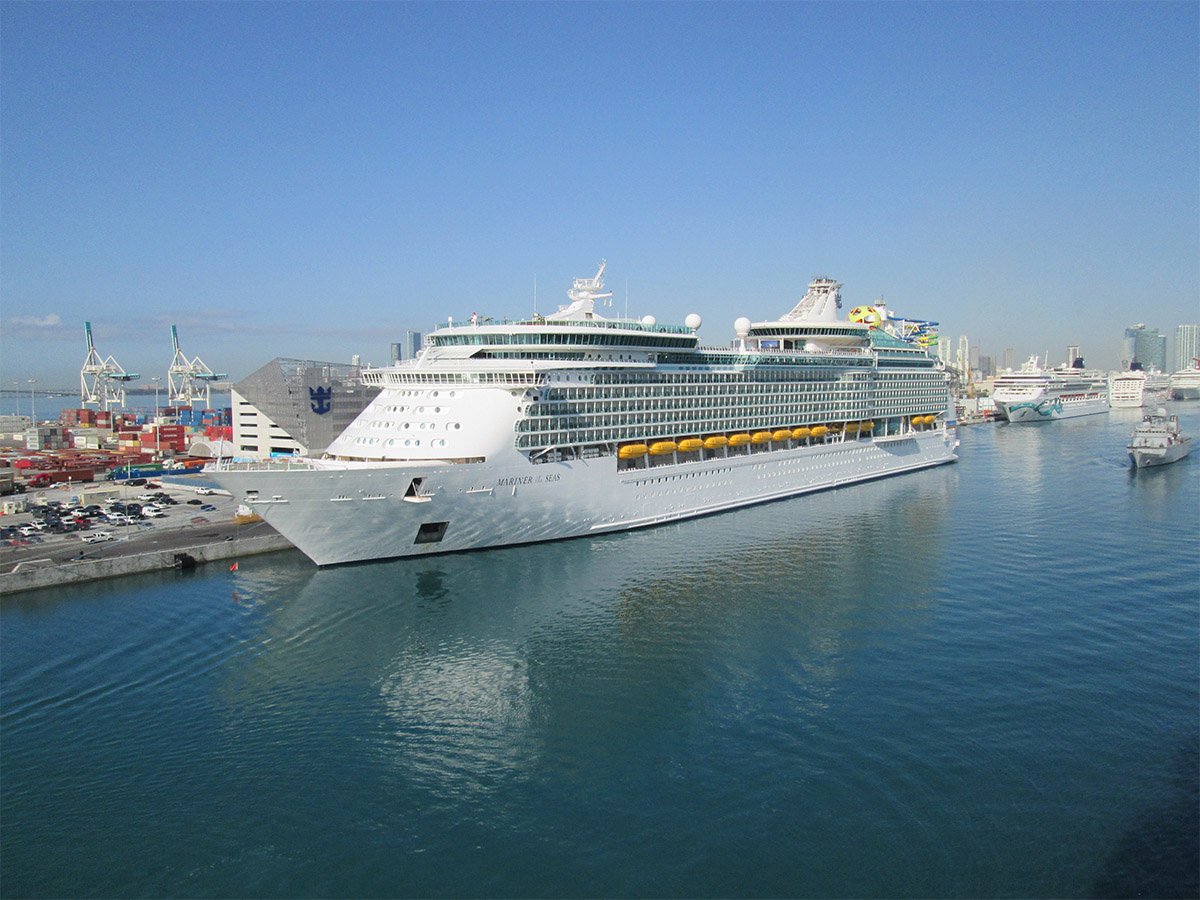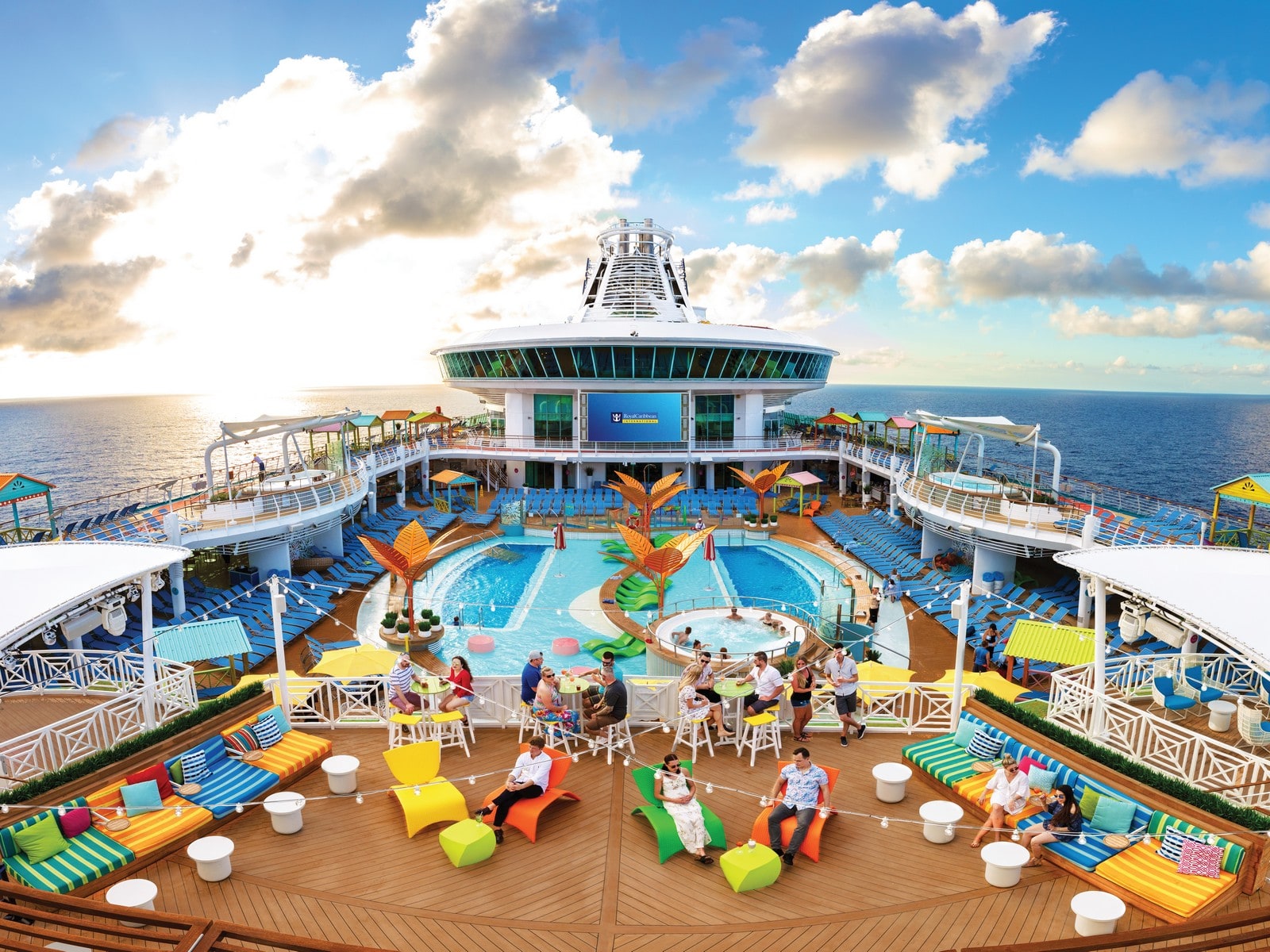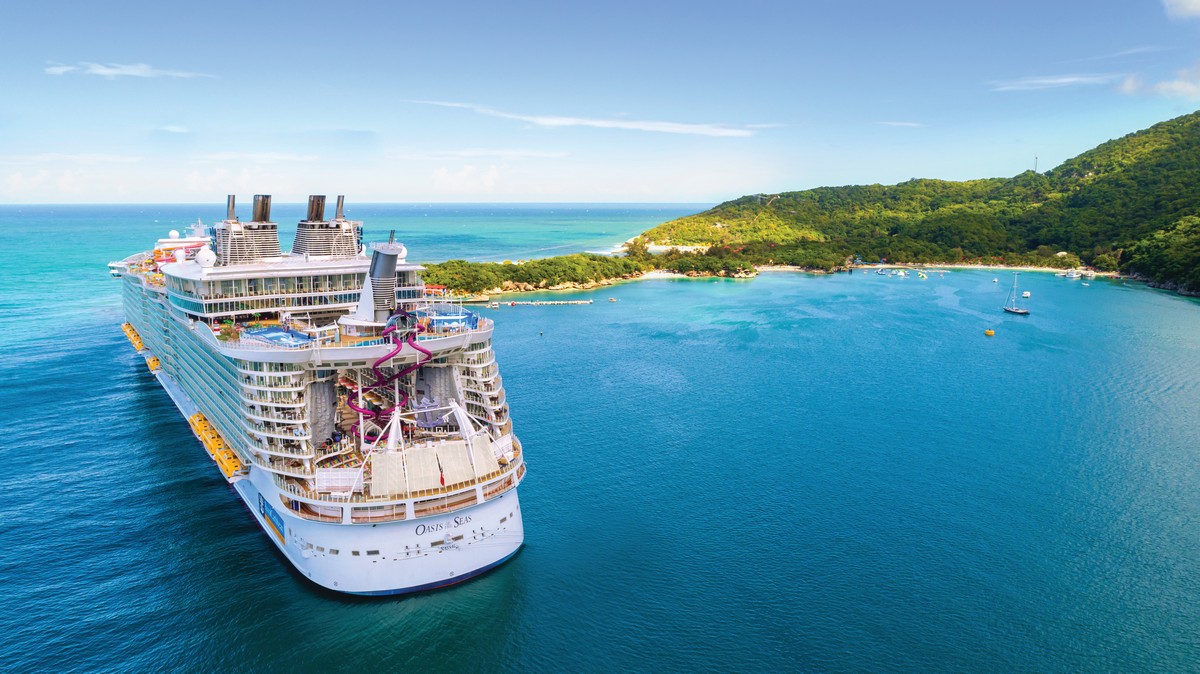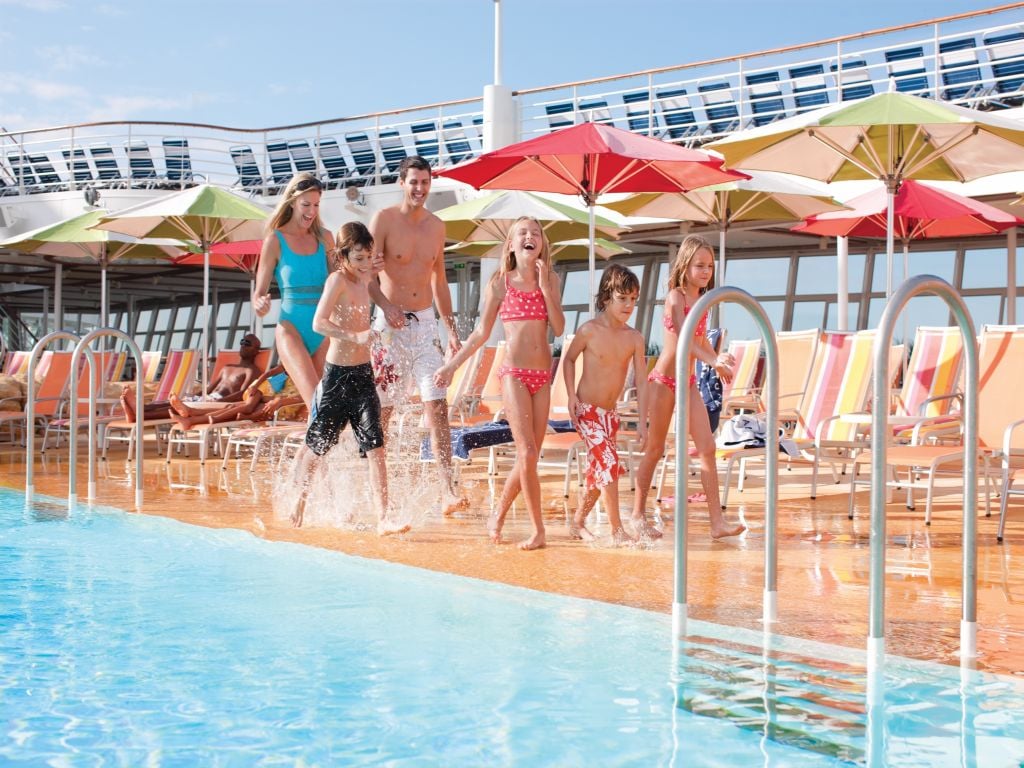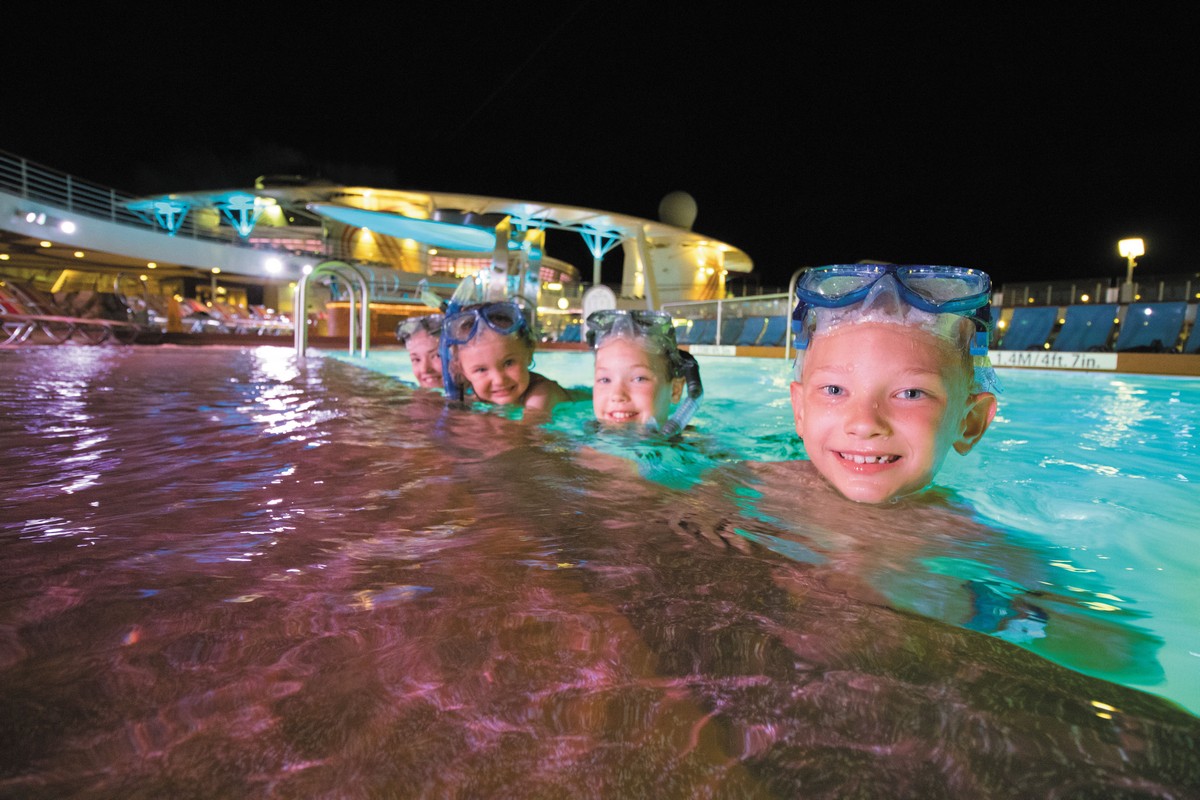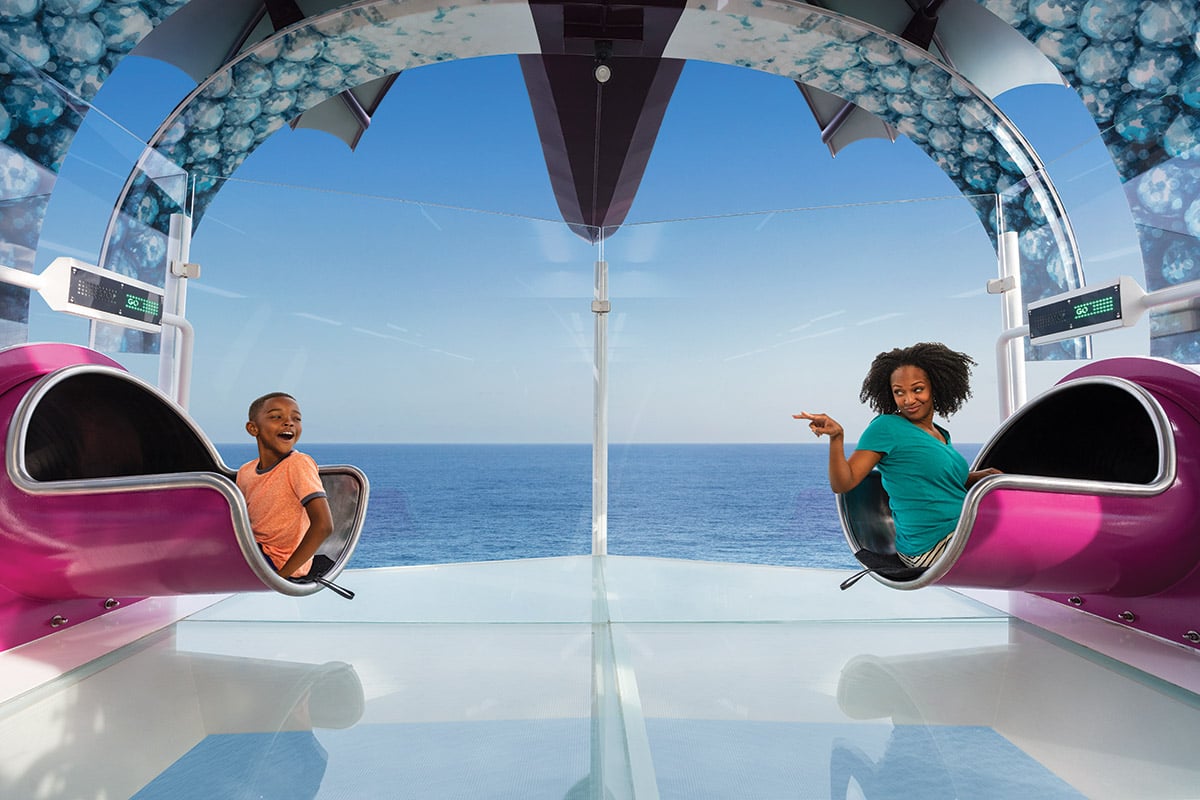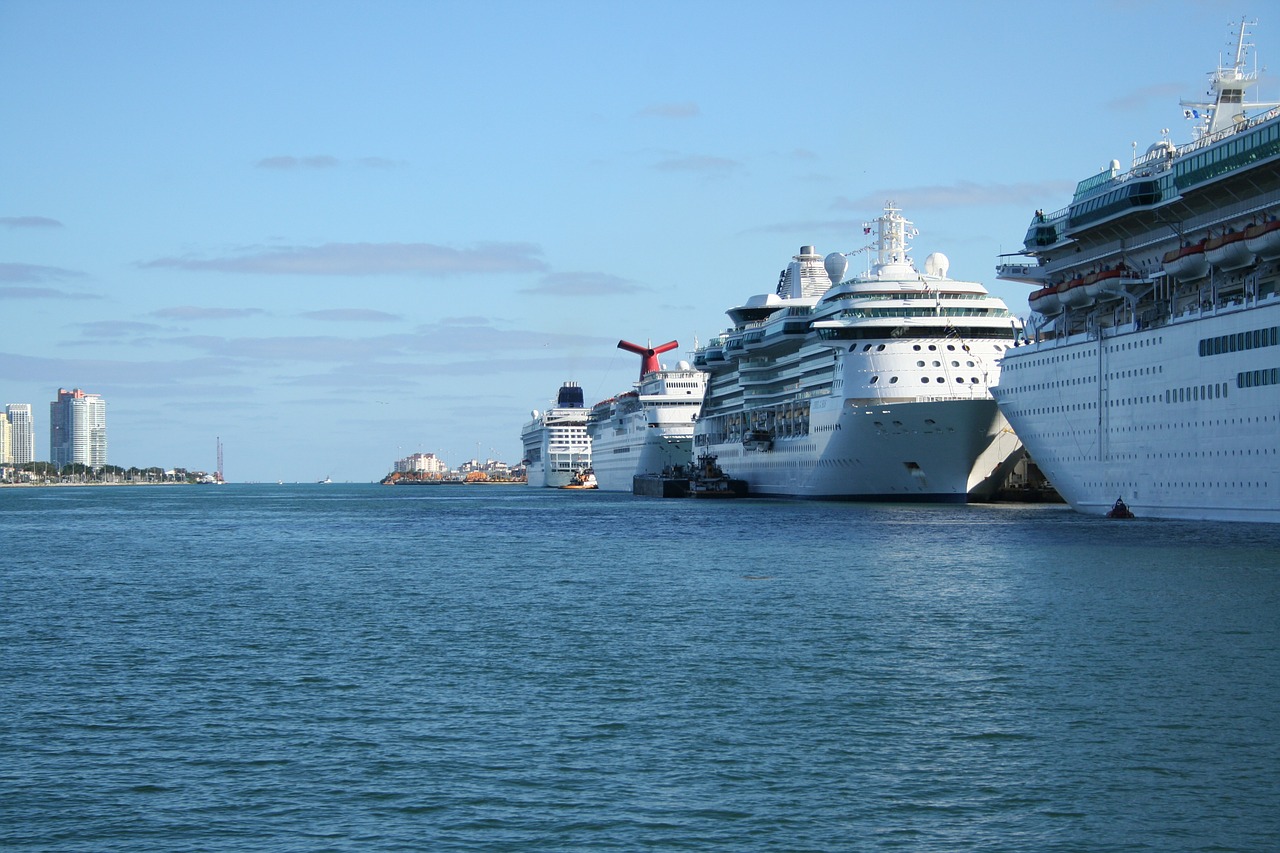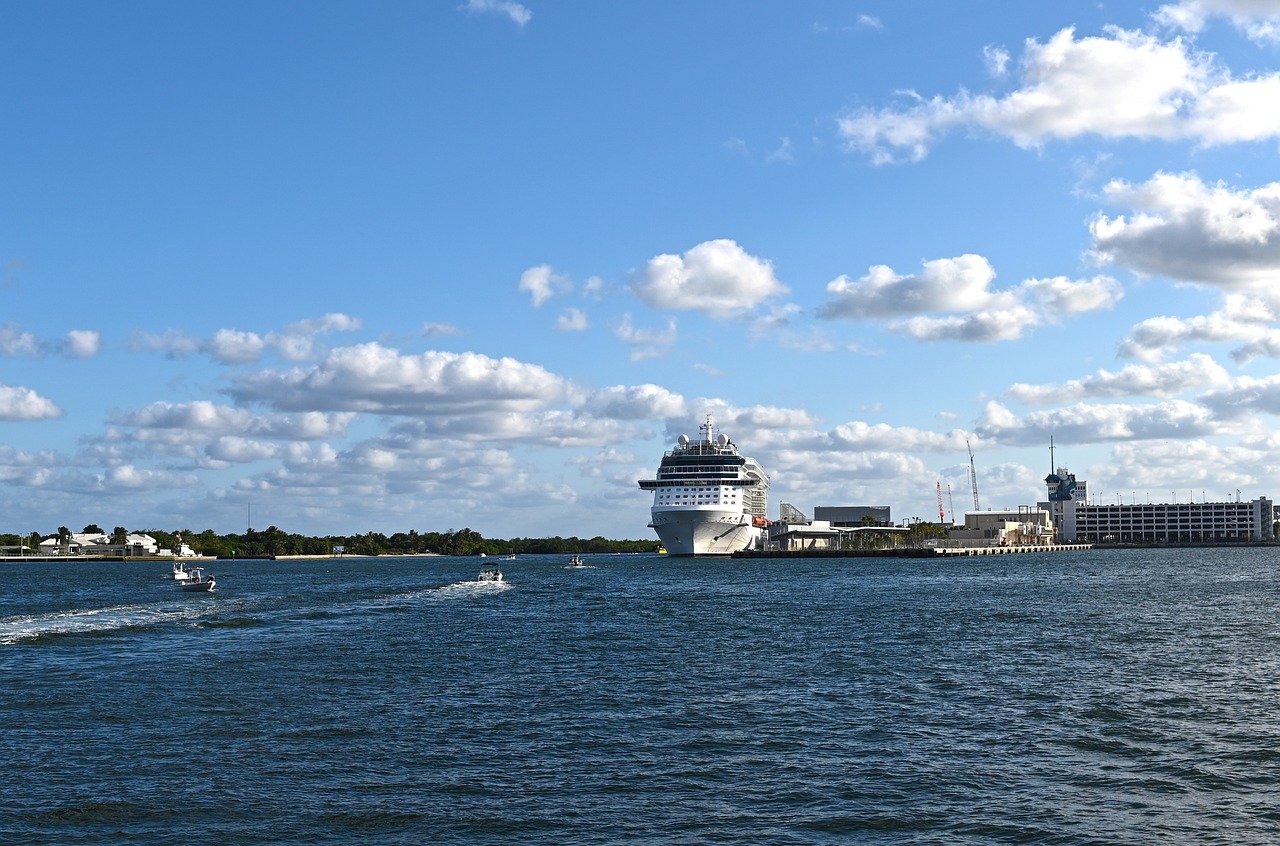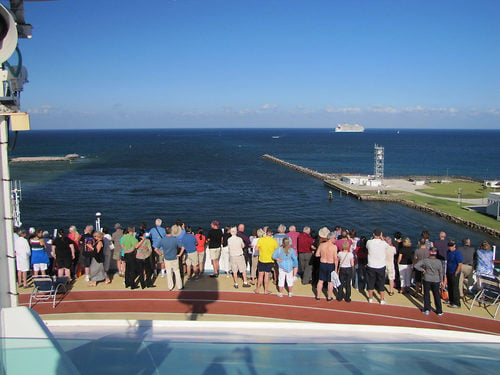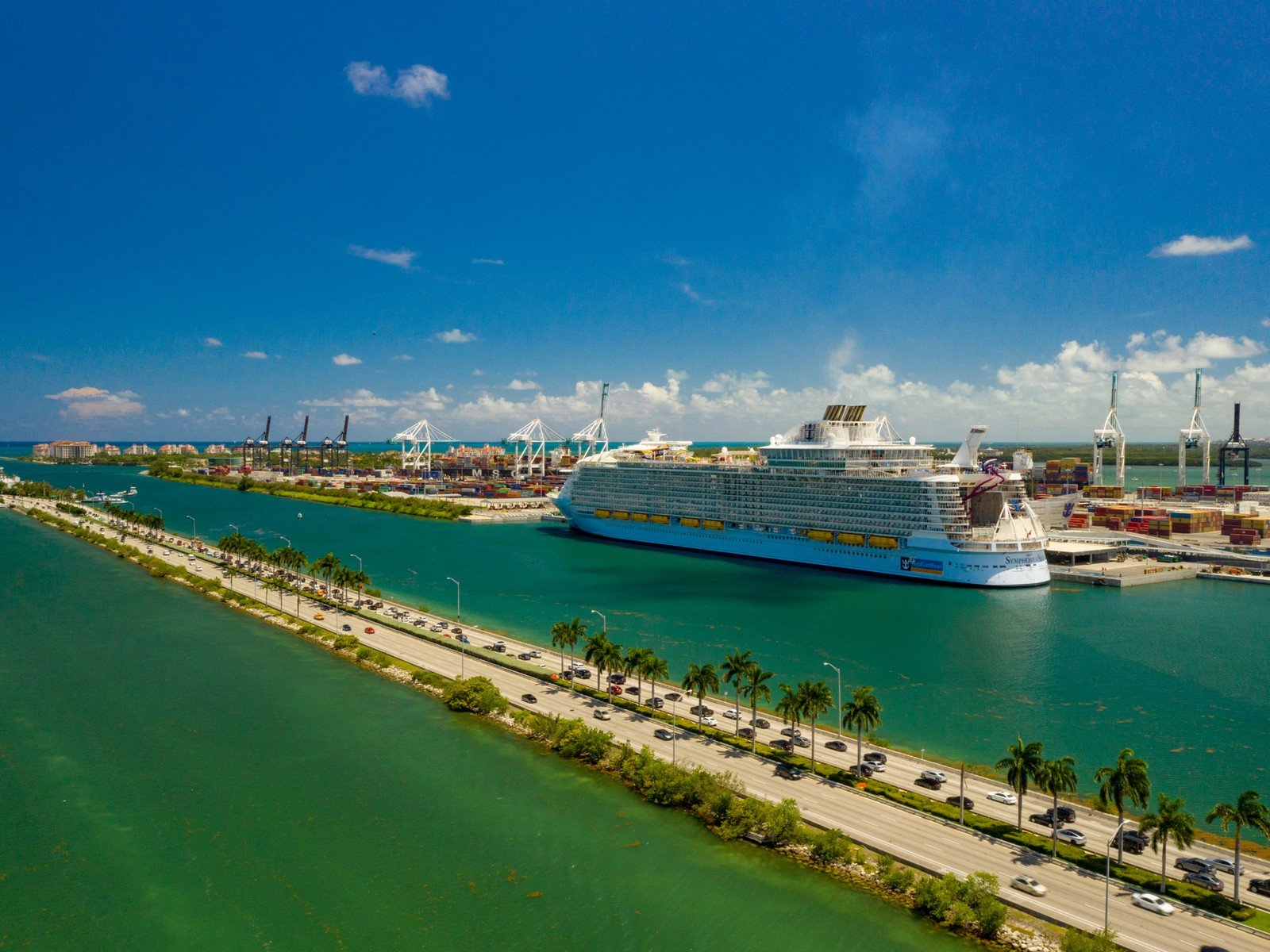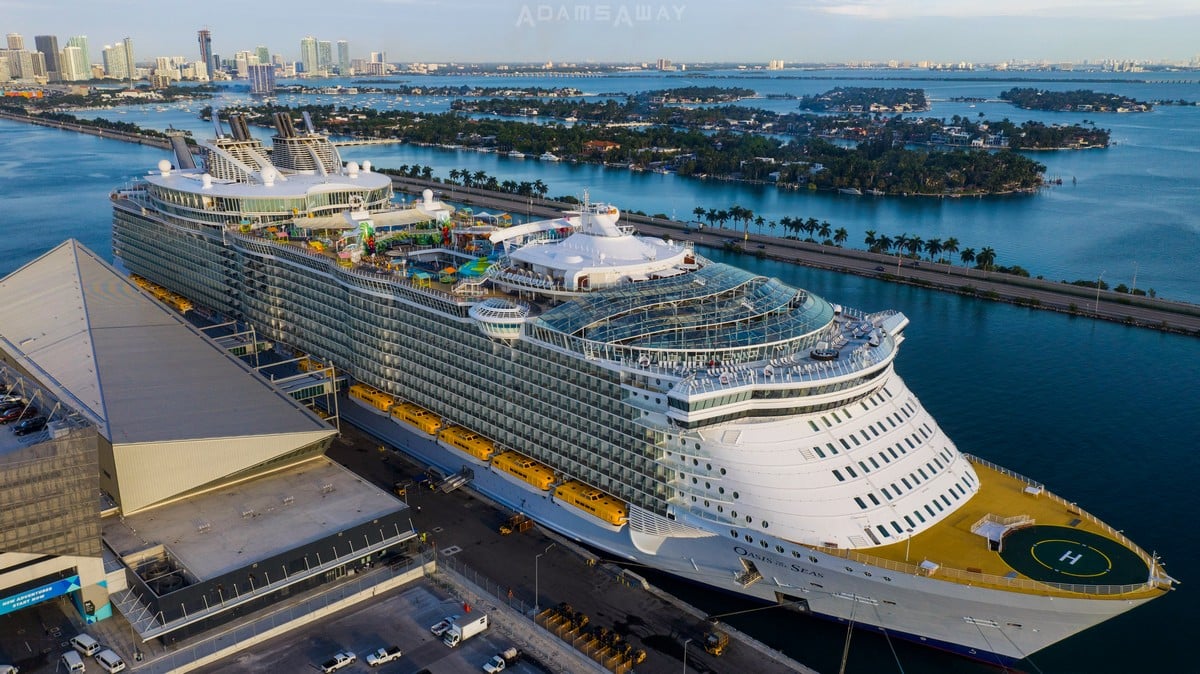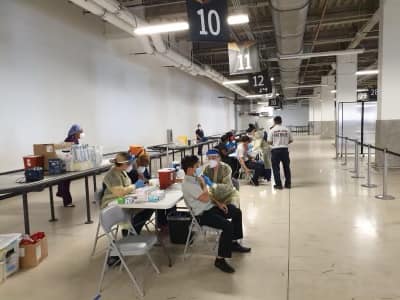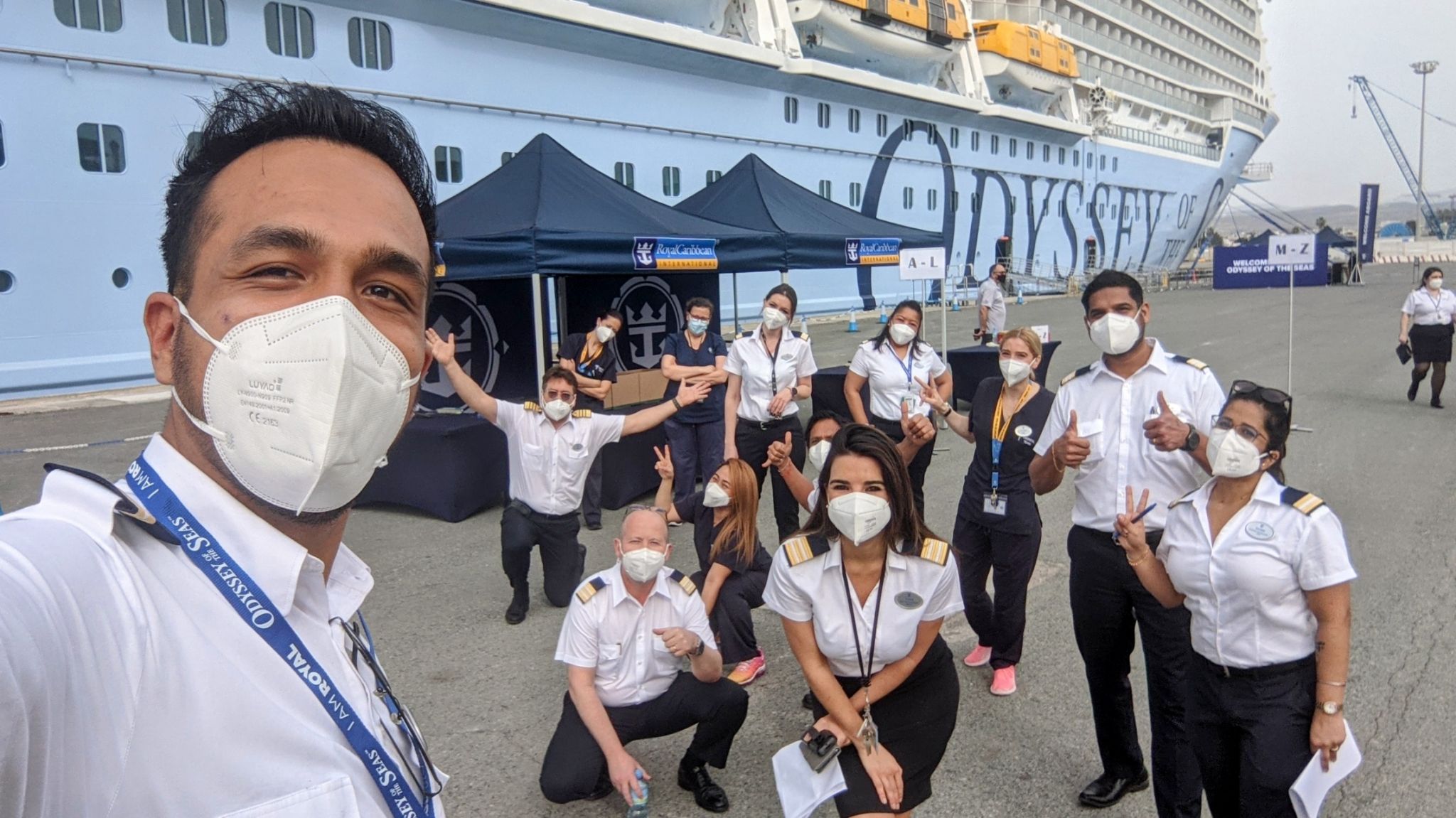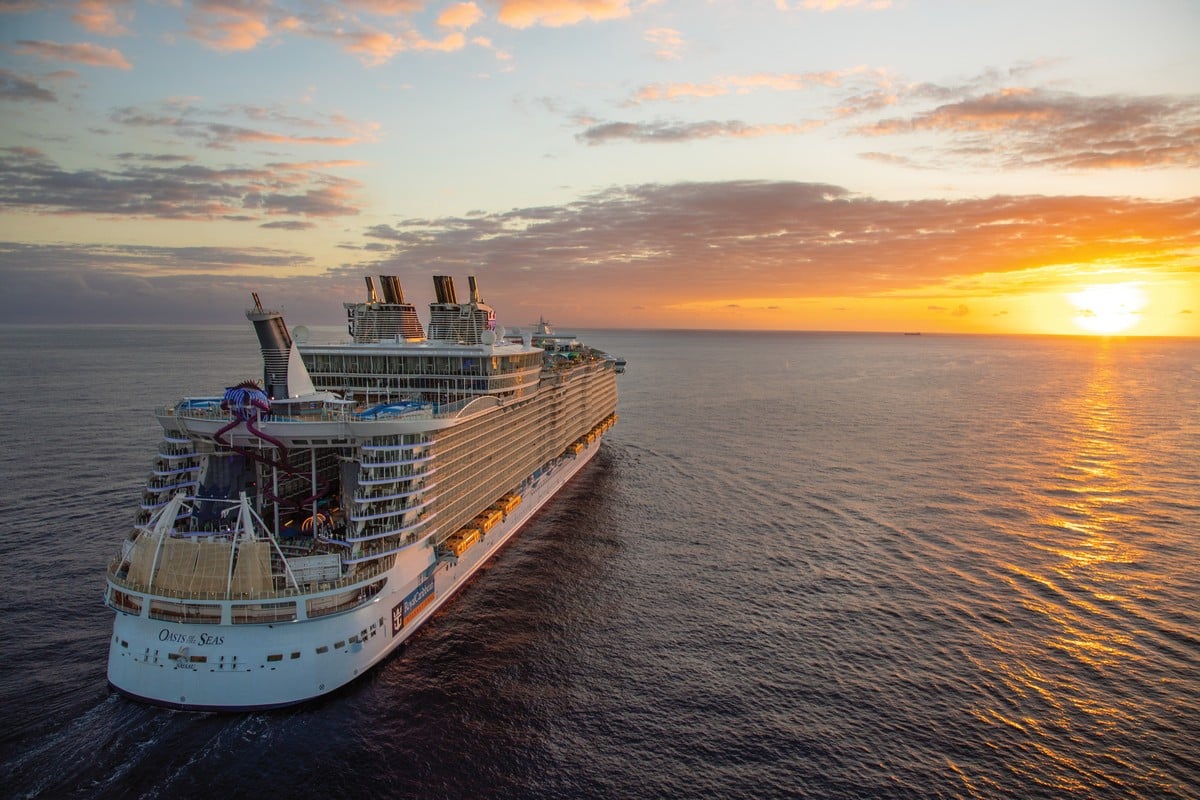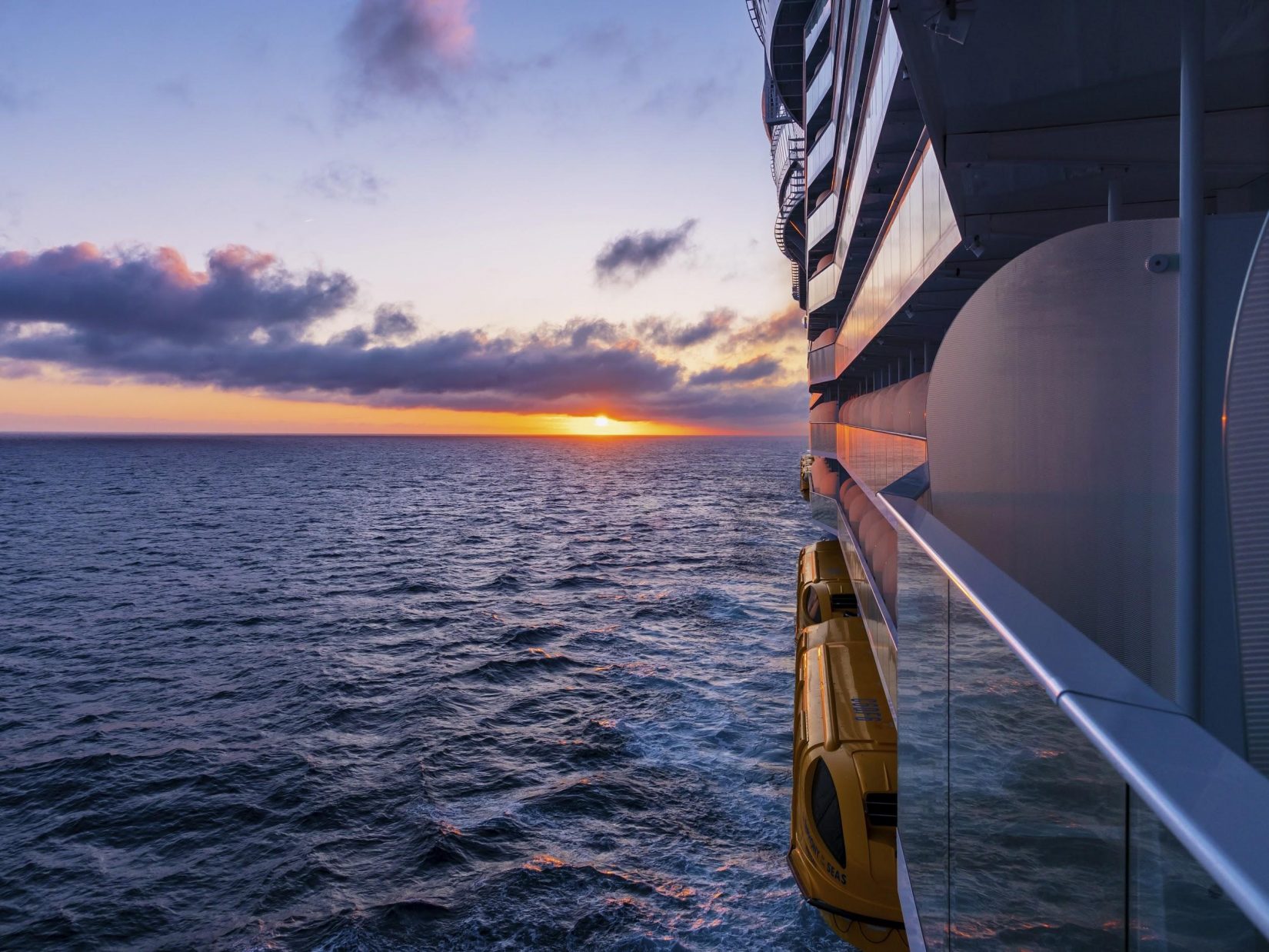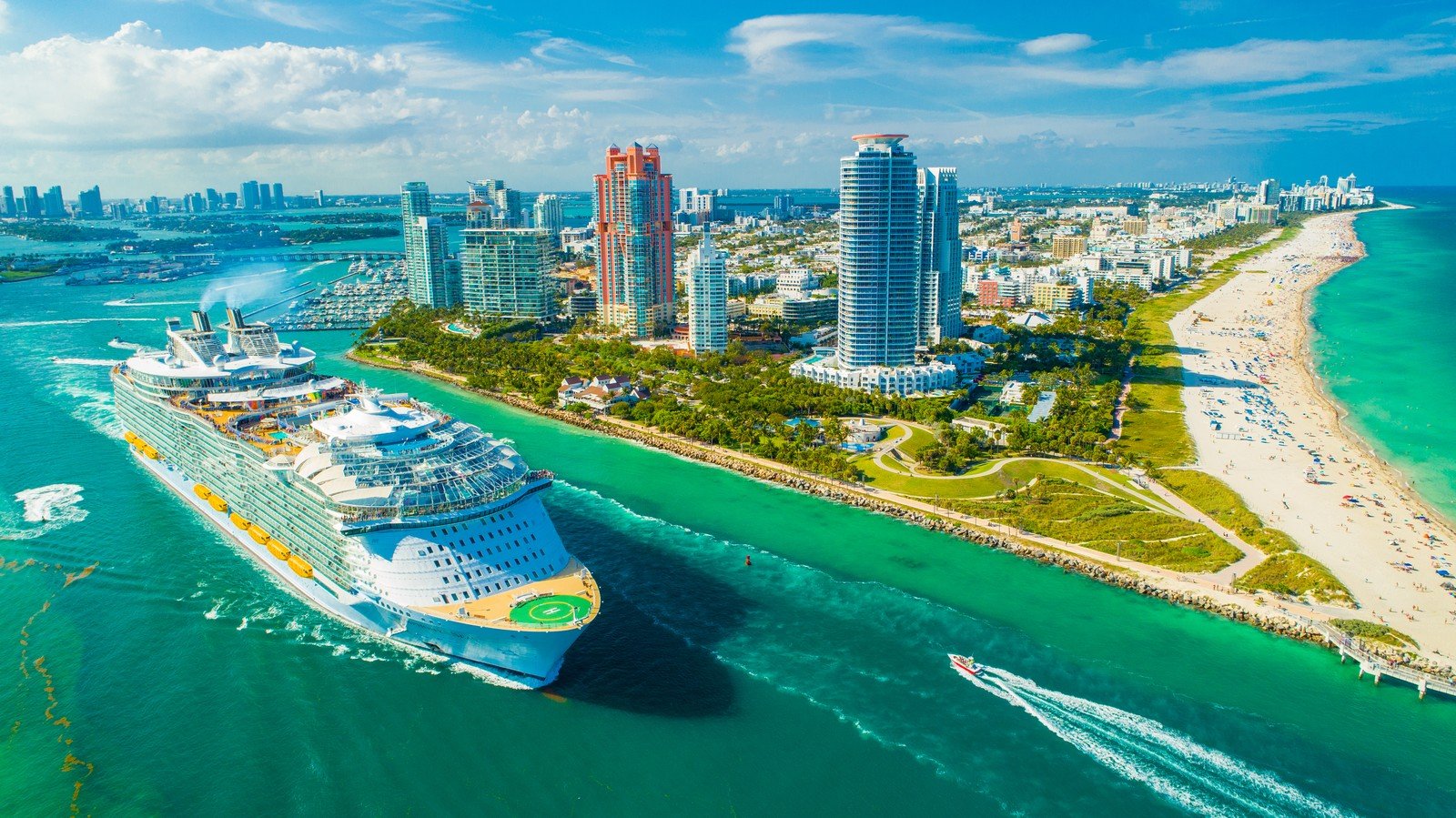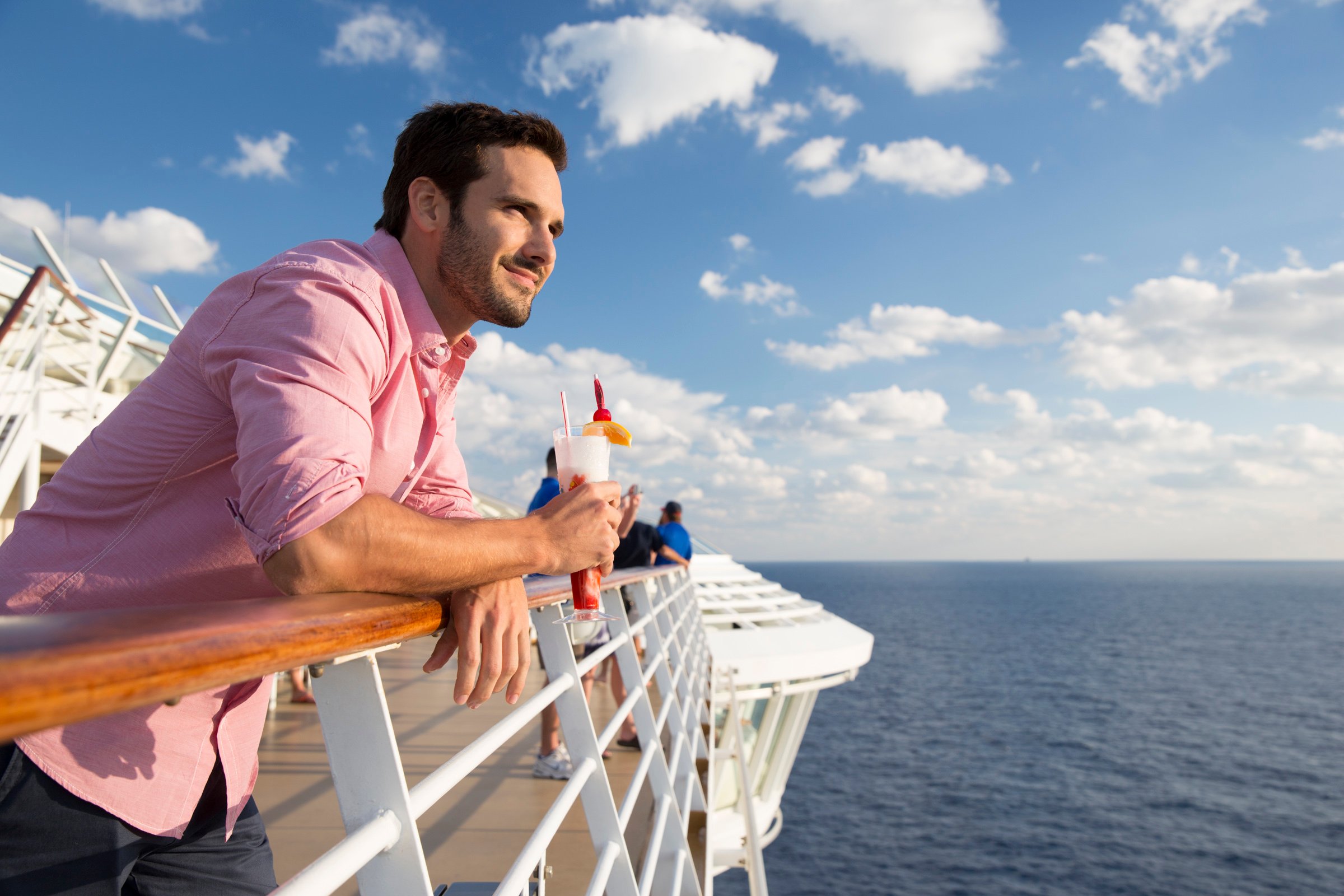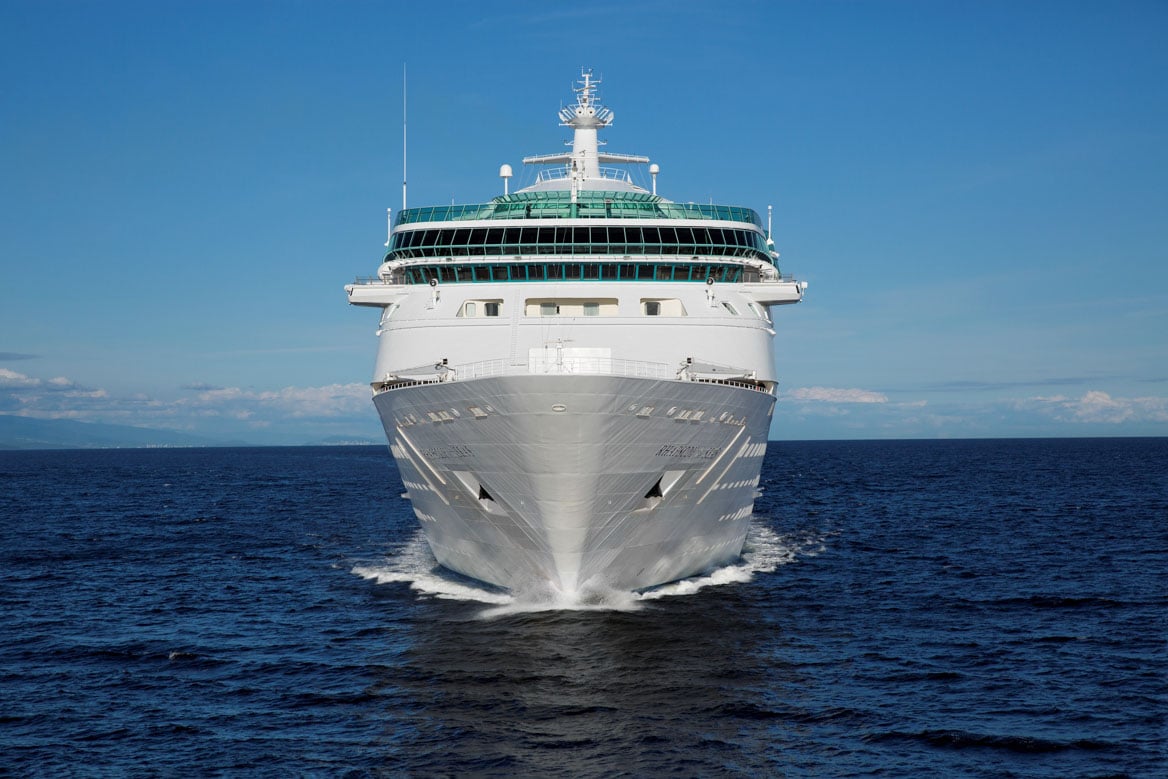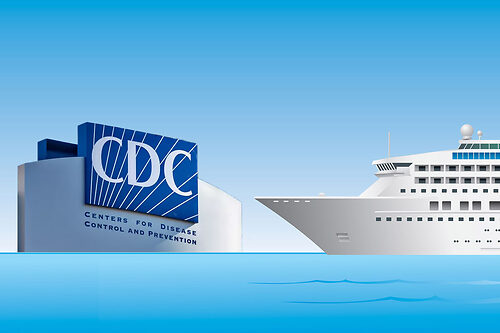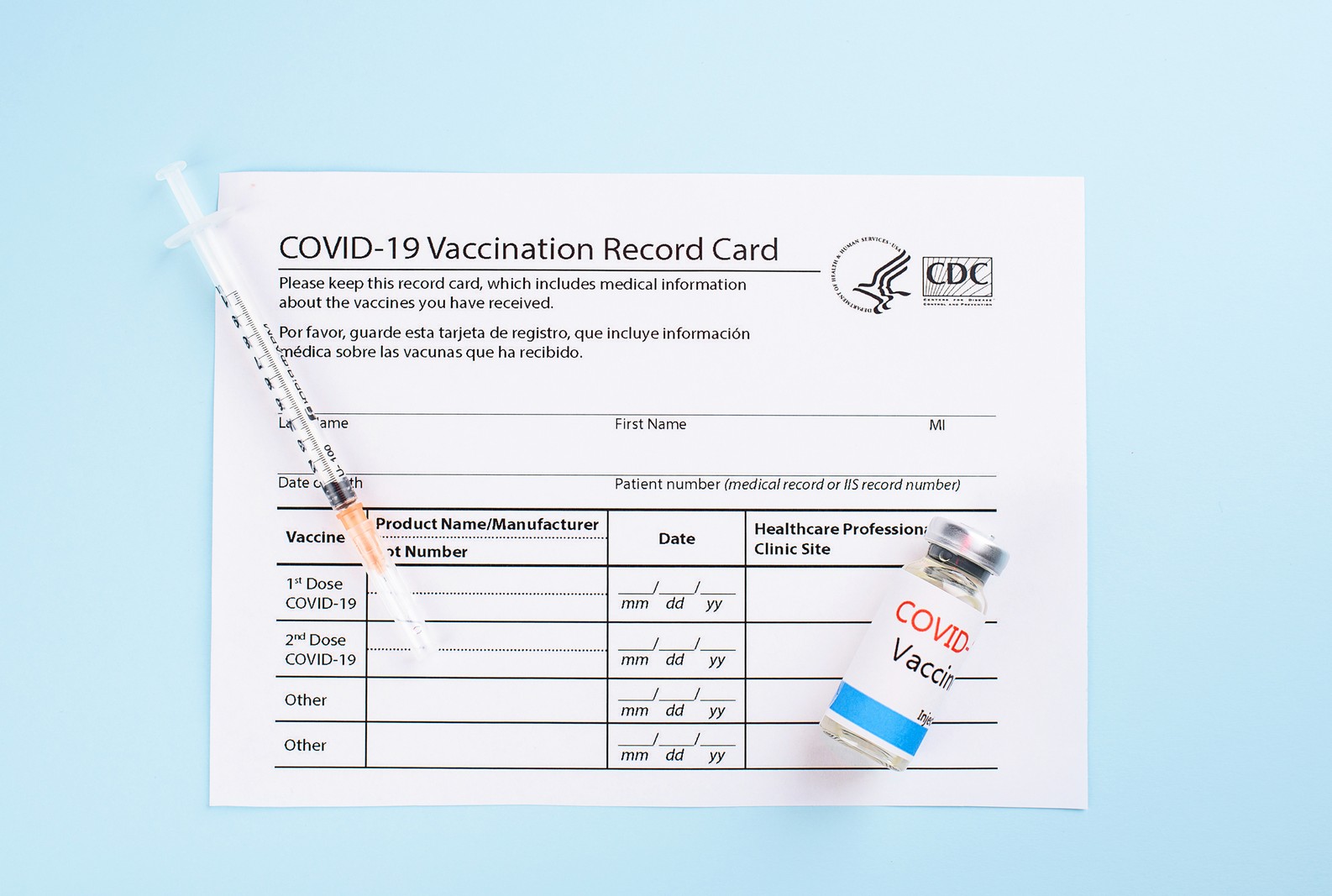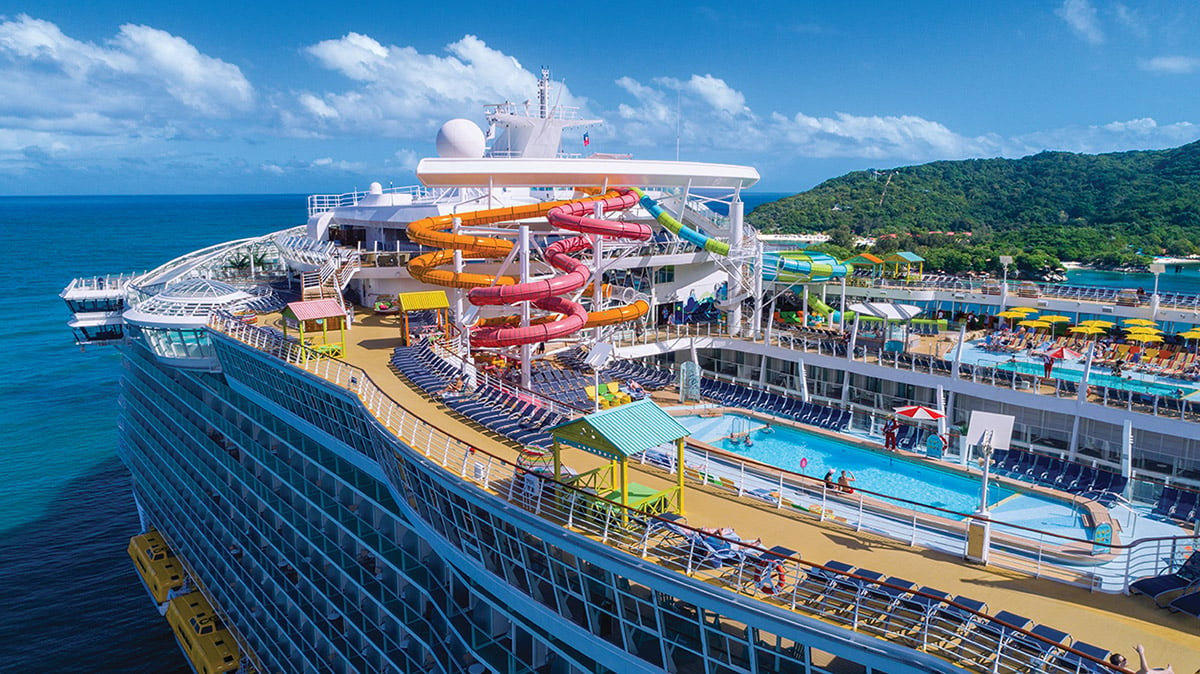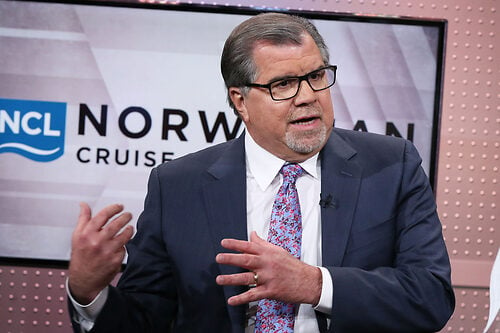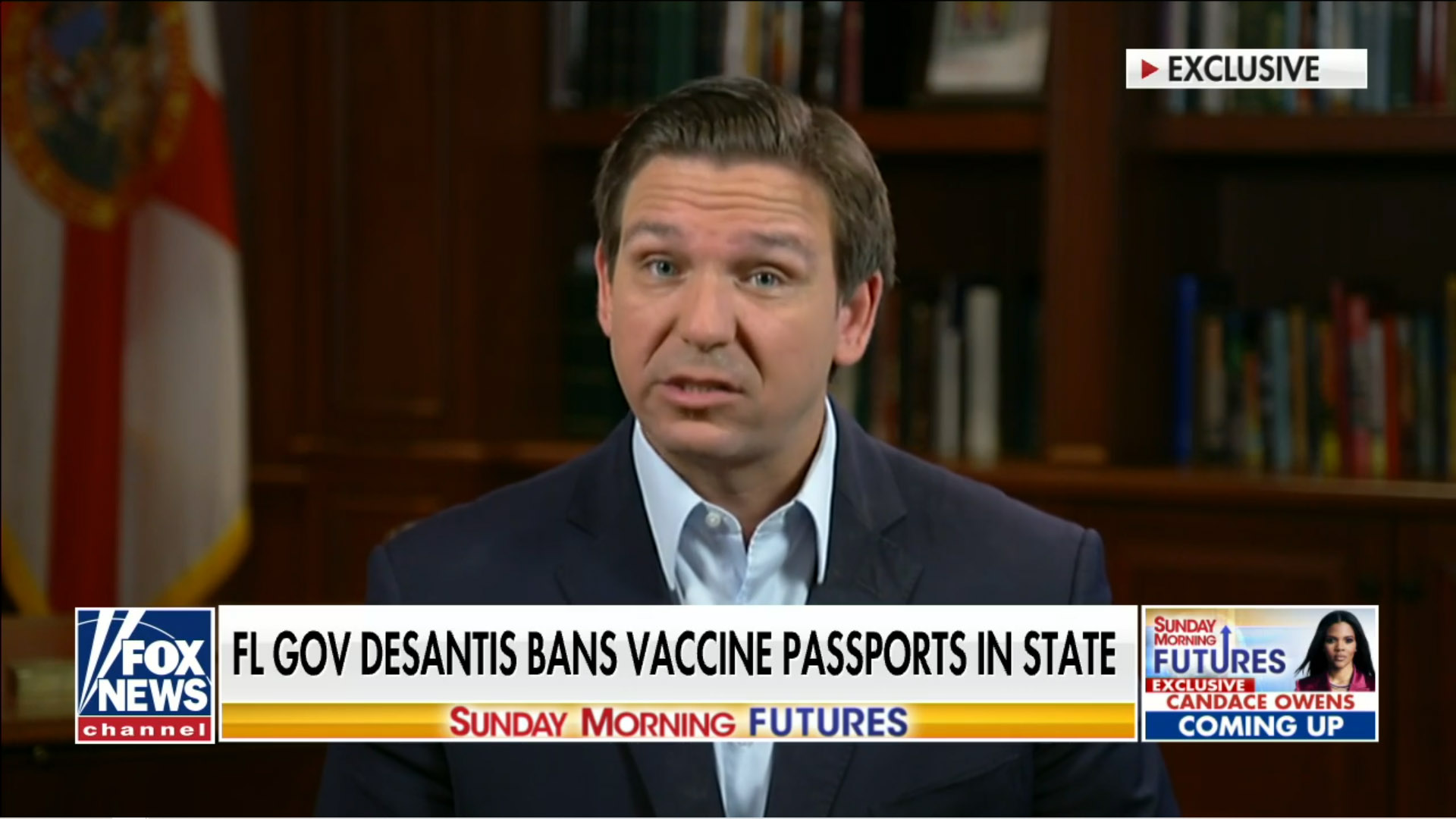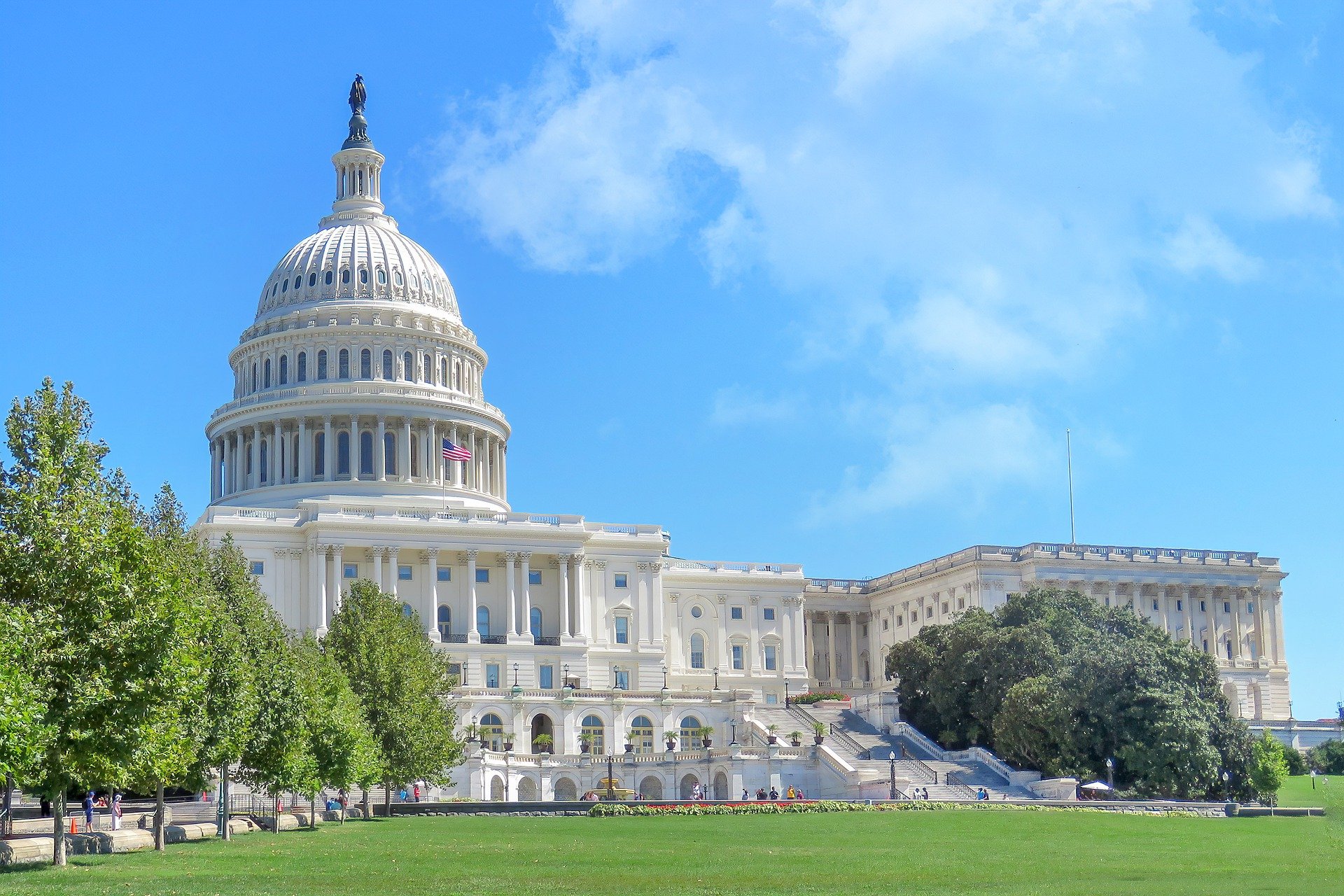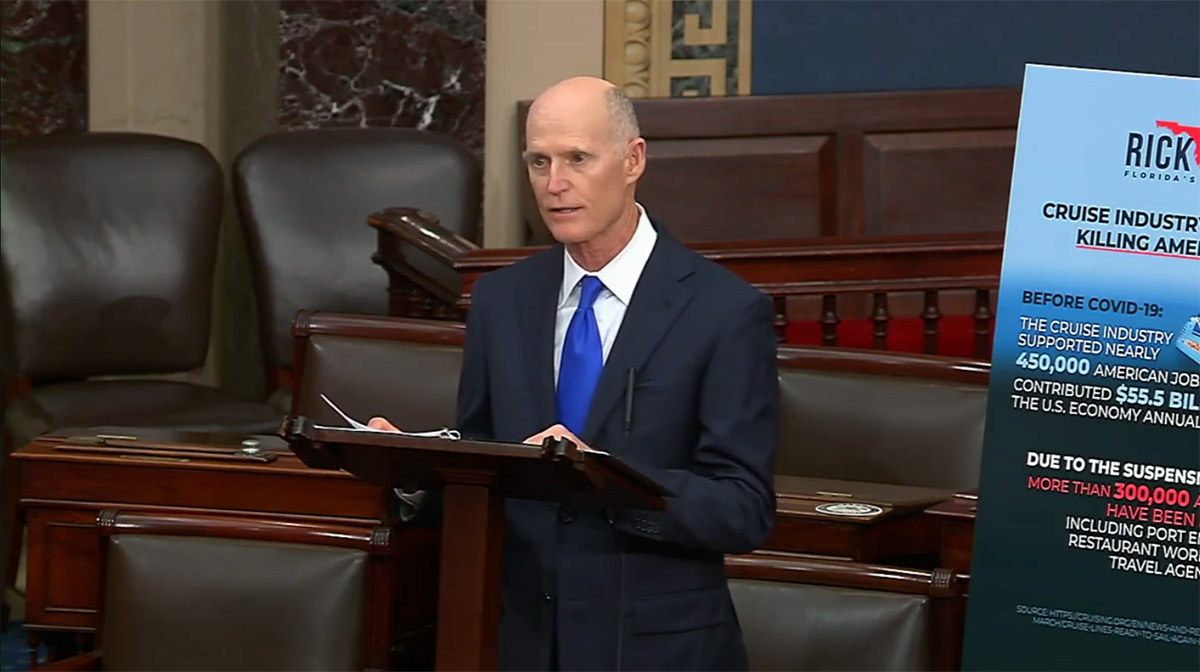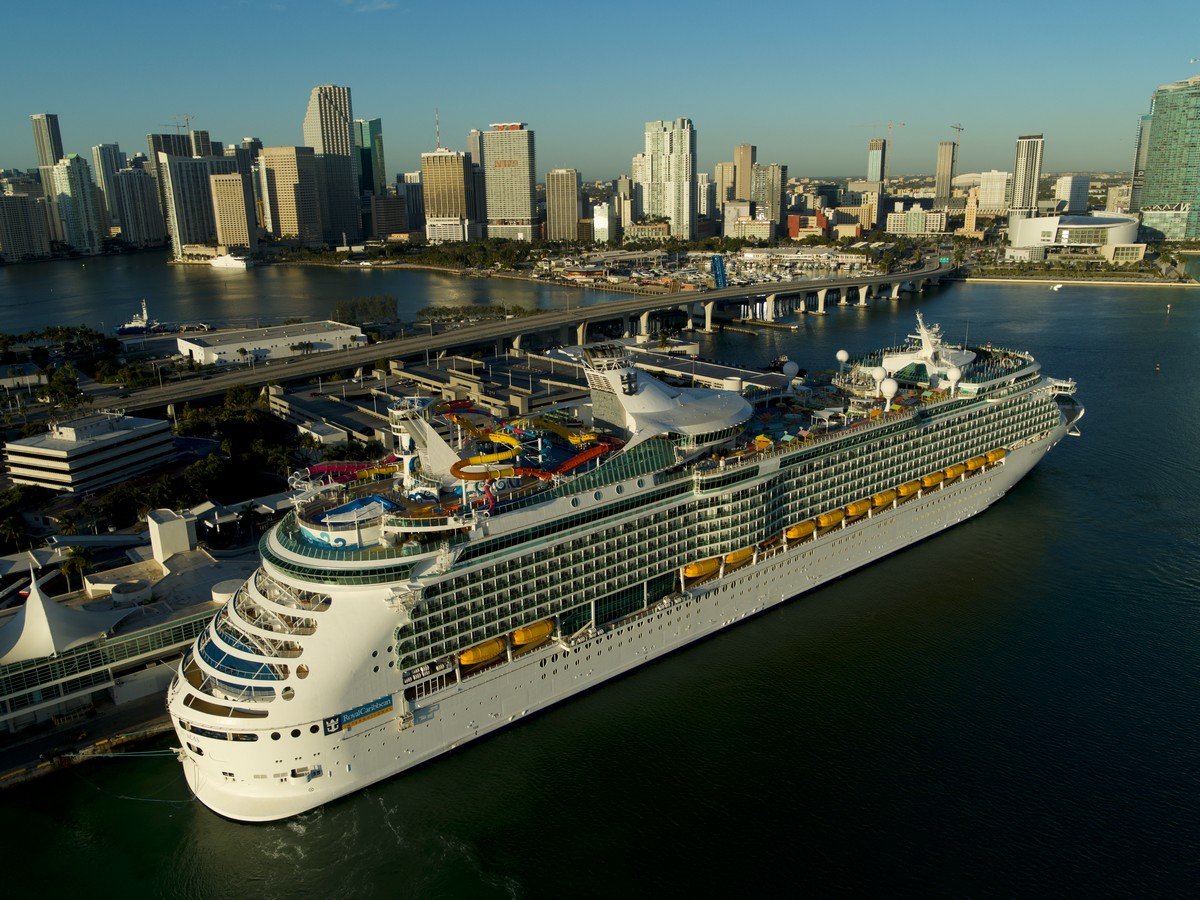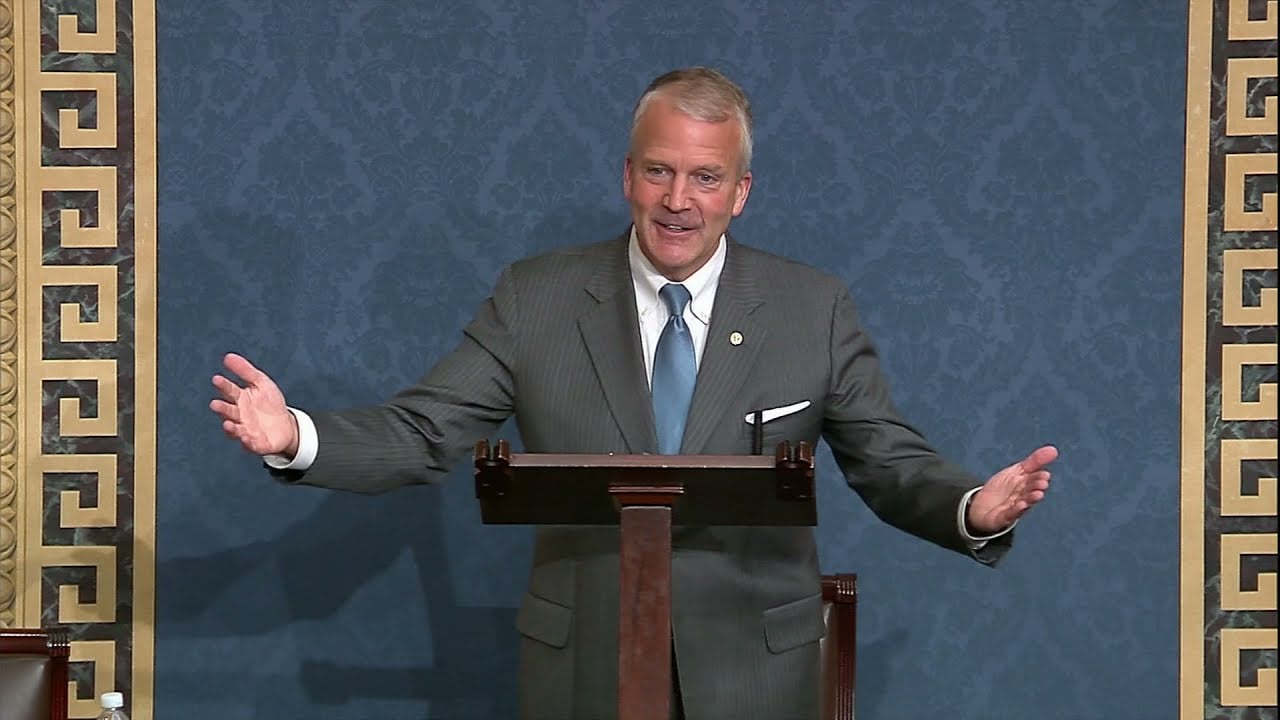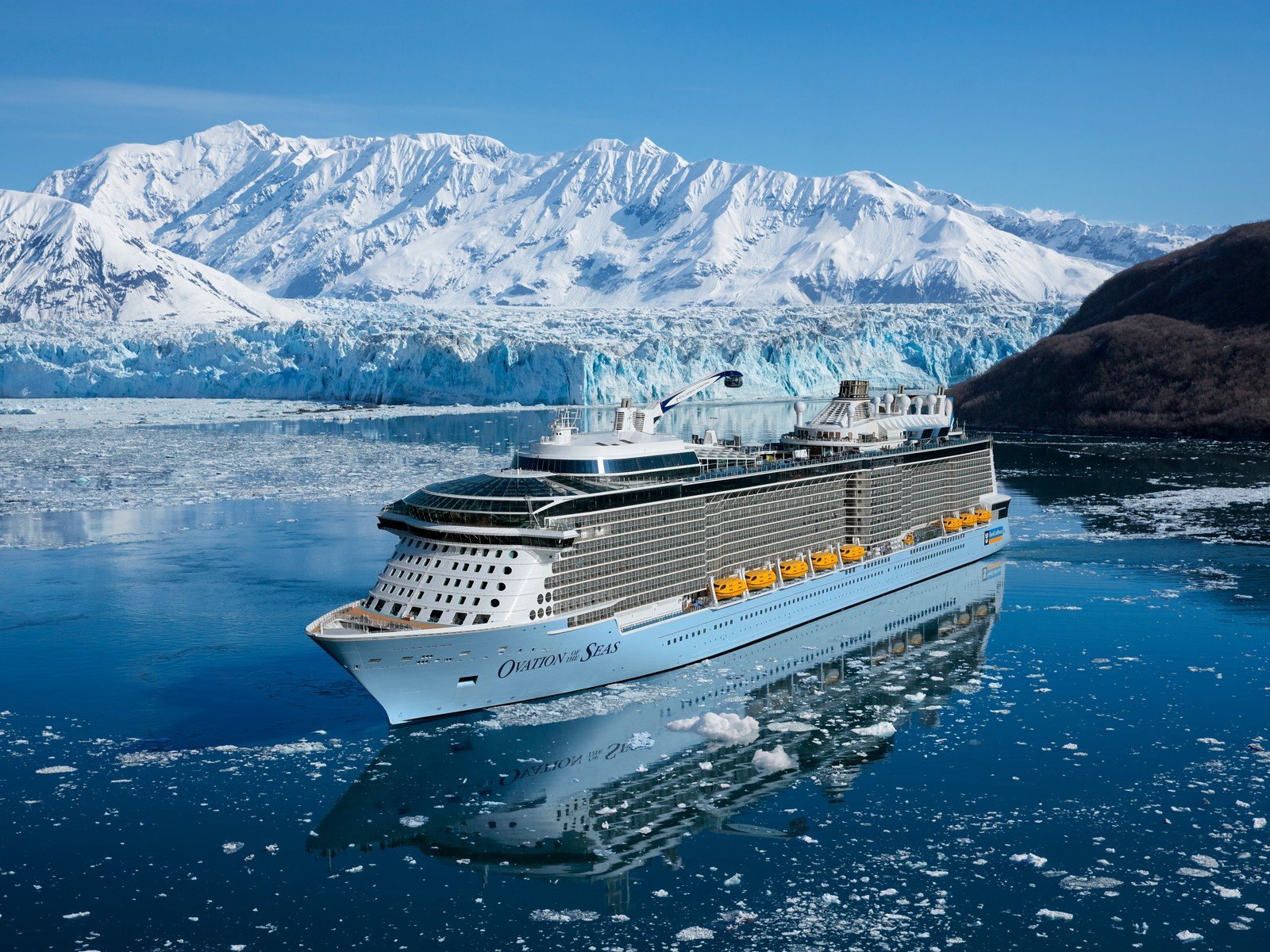Texas joins lawsuit against CDC to get cruises restarted
In:Another state has joined the lawsuit to get cruise ships sailing again.
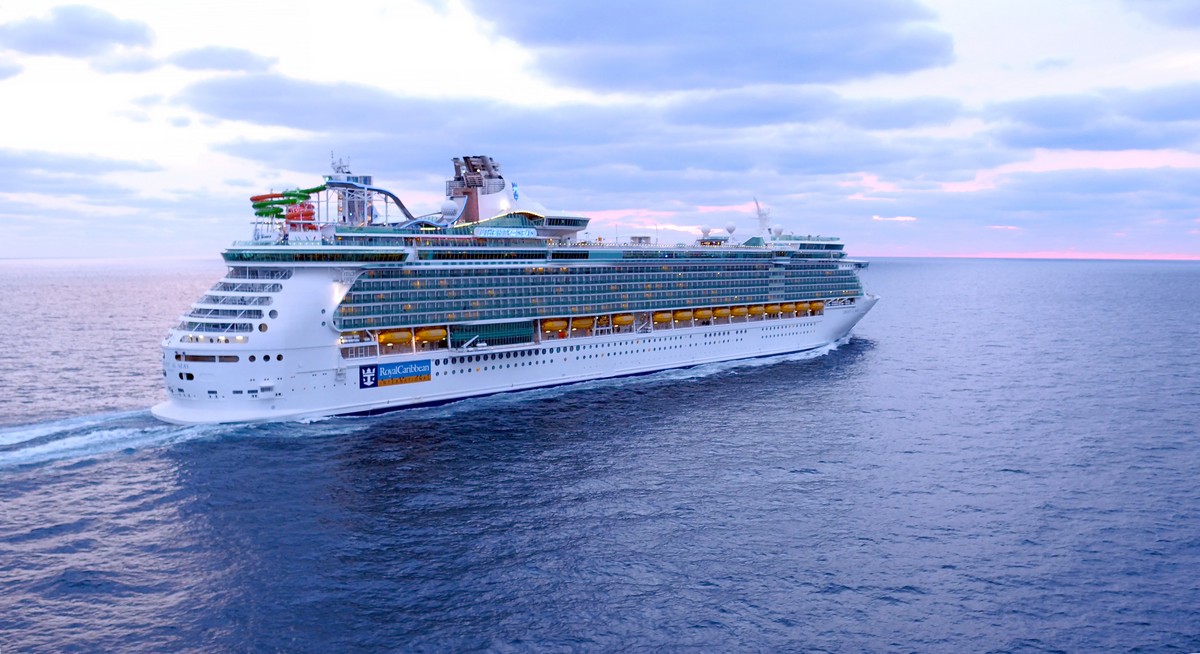
The State of Texas has joined the lawsuit against the U.S. Centers for Disease Control and Prevention (CDC) that was started by Florida.
Texas is the second state to join the lawsuit, following Alaska last week.
DisneyCruiseLineBlog discovered the filing, which was filed on May 5.
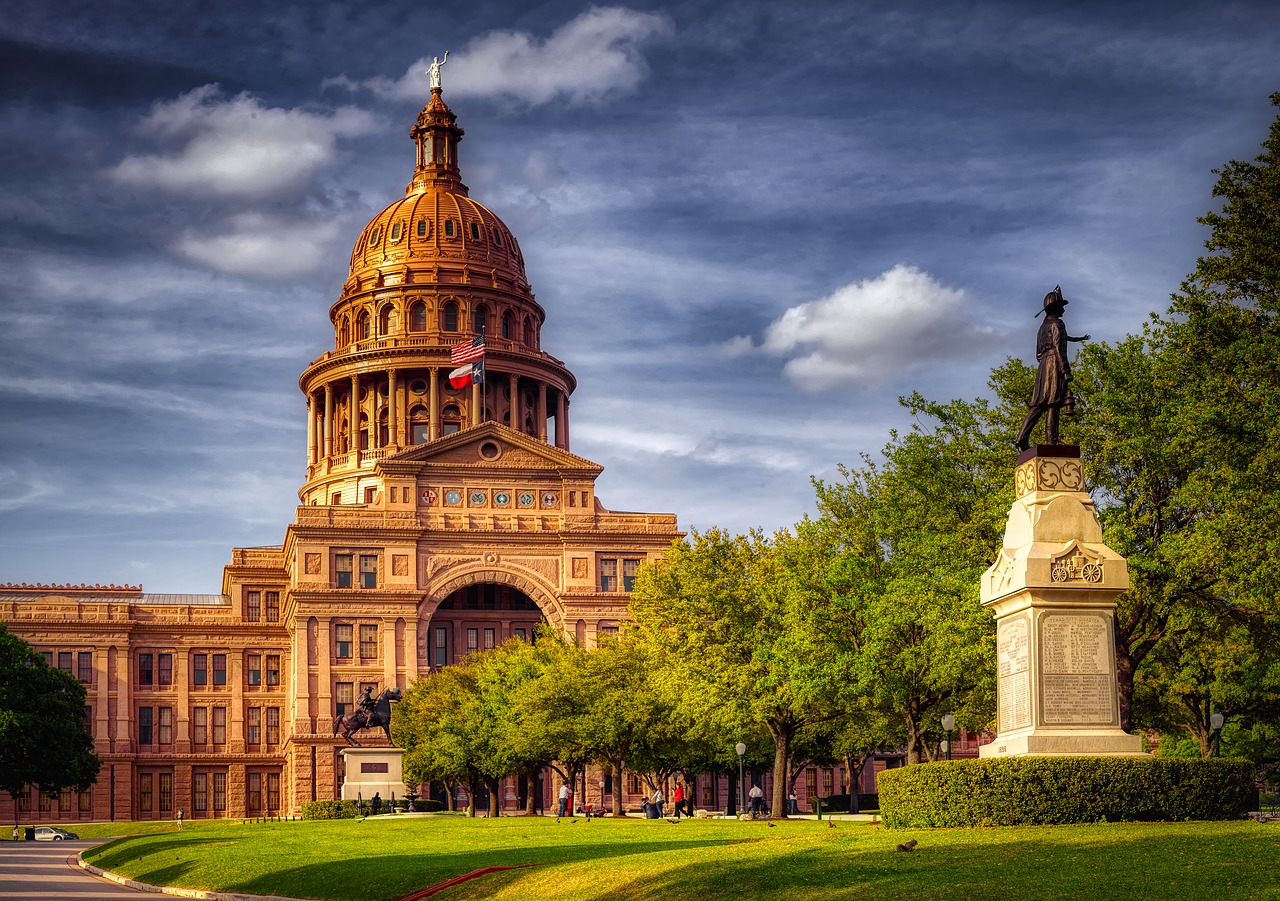
In the lawsuit, Texas says it is suing the CDC because the "CDC’s outdated and unlawful regulation harms the State of Texas, its economy, and its citizens."
Specifically, Texas believes the Conditional Sail Order (CSO) is unlawful and has a great effect on the local economy.
This litigation concerns the lawfulness of a CDC regulatory order with a profound effect on the Texas public fisc, including tax revenues to the state and the well-being of multiple industries vital to the State’s economy. The CDC order also raises constitutional concerns bearing on the lawfulness and reach of the CDC’s authority.
The first hearing in the lawsuit is scheduled for May 12.
The lawsuit comes just days after a rally was held in Galveston when the Carnival Breeze and Carnival Vista arrived at the port to begin crew vaccinations.
Carnival Cruise Line joined members of the Federal Maritime Commission, Galveston city and port officials and local businesses at the Port of Galveston to highlight the economic impact of cruising in Galveston and throughout Texas.
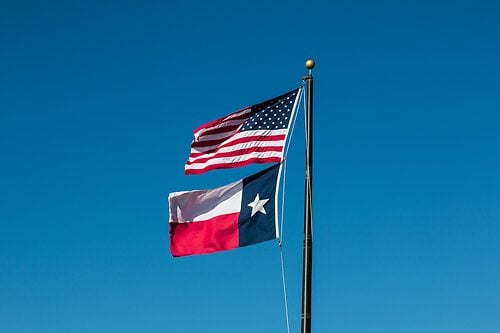
In the lawsuit, Texas believes the Port of Galveston is uniquely situated to address local Covid-19 concerns. The port is located just one mile from the University of Texas Medical Branch at Galveston UTMB is one of the largest academic medical hospitals in the country, and its facilities include a National Biosafety Level 4 Laboratory.
The Port of Galveston has also already held a table-top exercise preparing for possible COVID-19 outbreaks on-ship.
Texas also states the shutdown has cost the state $1.2 billion in direct spending. The cruise shutdown has also cost 23,000 jobs, and $1.6 billion in lost wages across the State of Texas.
What the lawsuit aims to do
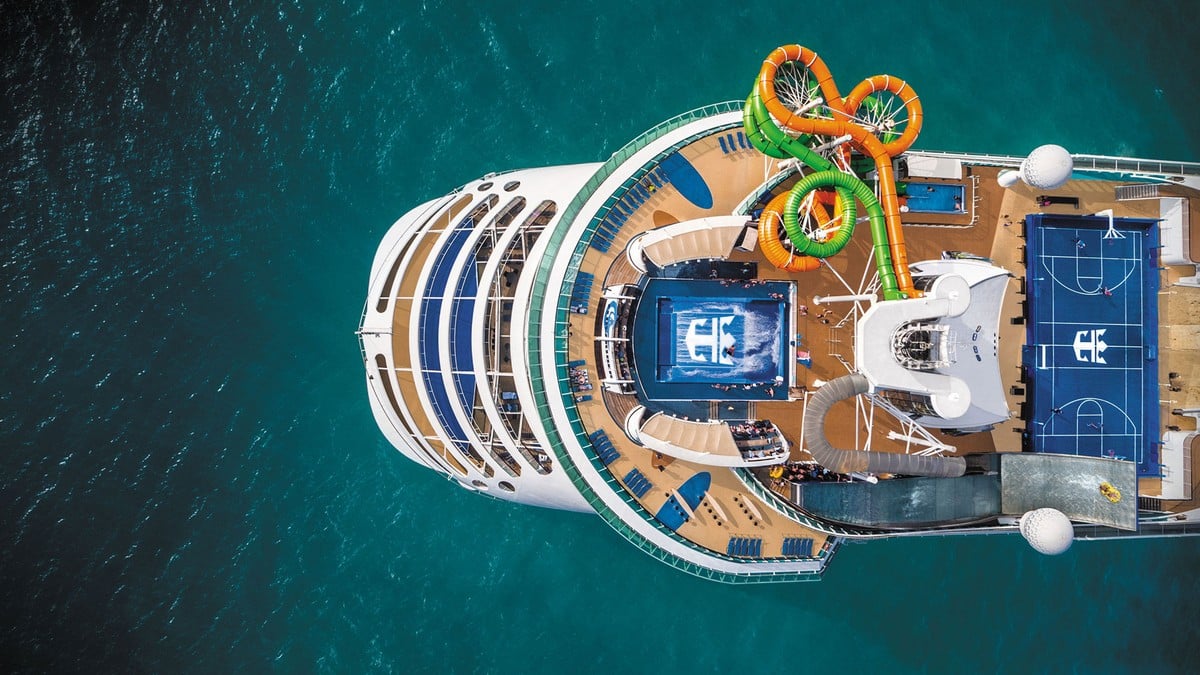
The purpose of the lawsuit is to get the CSO dropped immediately, so that cruise lines can pursue restart plans.
While the CDC has recently updated its guidance and provided instructions for cruise lines to restart operations, the lawsuit wants the cruise lines to be unencumbered by the regulations.
Texas wants the cruise lines to adhere to "reasonable restrictions within its statutory authority" instead of the CDC's order.
How does the new CDC update factor in?
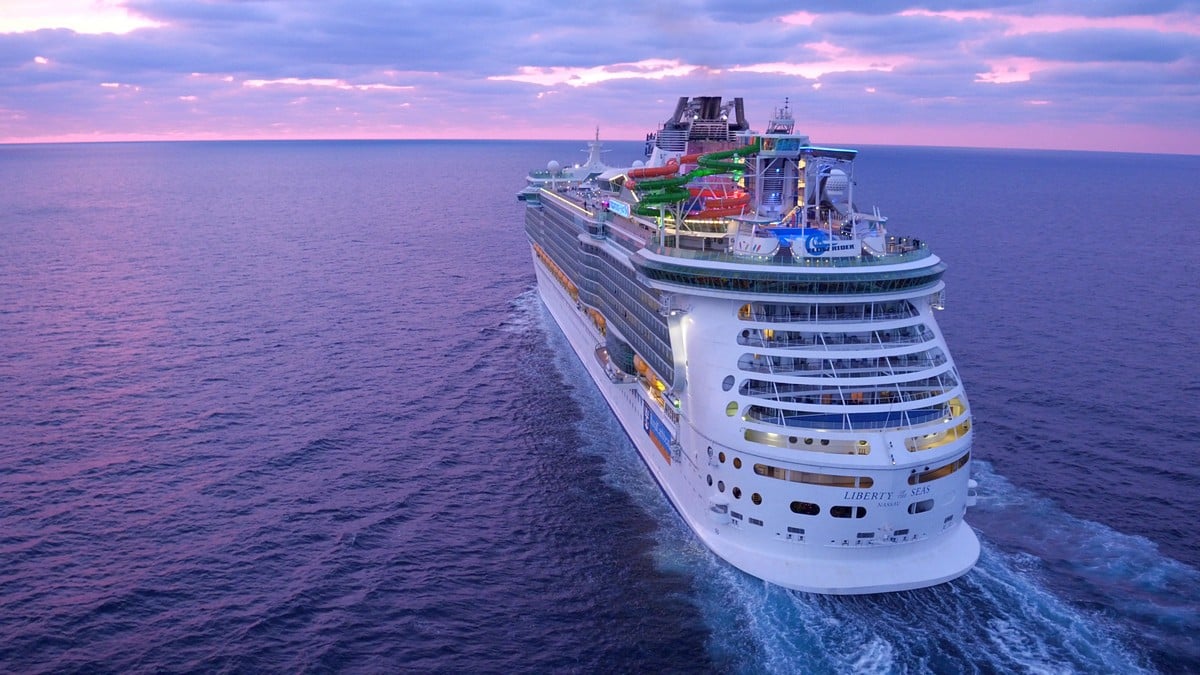
One major change that the lawsuit does not cover is the recent announcement by the CDC to provide the test sailing steps for cruise lines to restart sailings.
Cruise lines received final technical guidelines on Wednesday from the CDC for the trial runs. When Florida filed its lawsuit last month, much of the impetus behind it was a lack of progress by the CDC.
Test cruises will be between two and seven nights and must have enough passengers to meet at least 10% of the ship's capacity. Volunteers must be 18 or older and either fully vaccinated or free of medical conditions that would put them at high risk for severe Covid-19.
Restrictions on board will include face masks and social distancing.
Alternatively, cruise ships could skip the test sailings if they can ensure 98% of crew and 95% of passengers are vaccinated.


